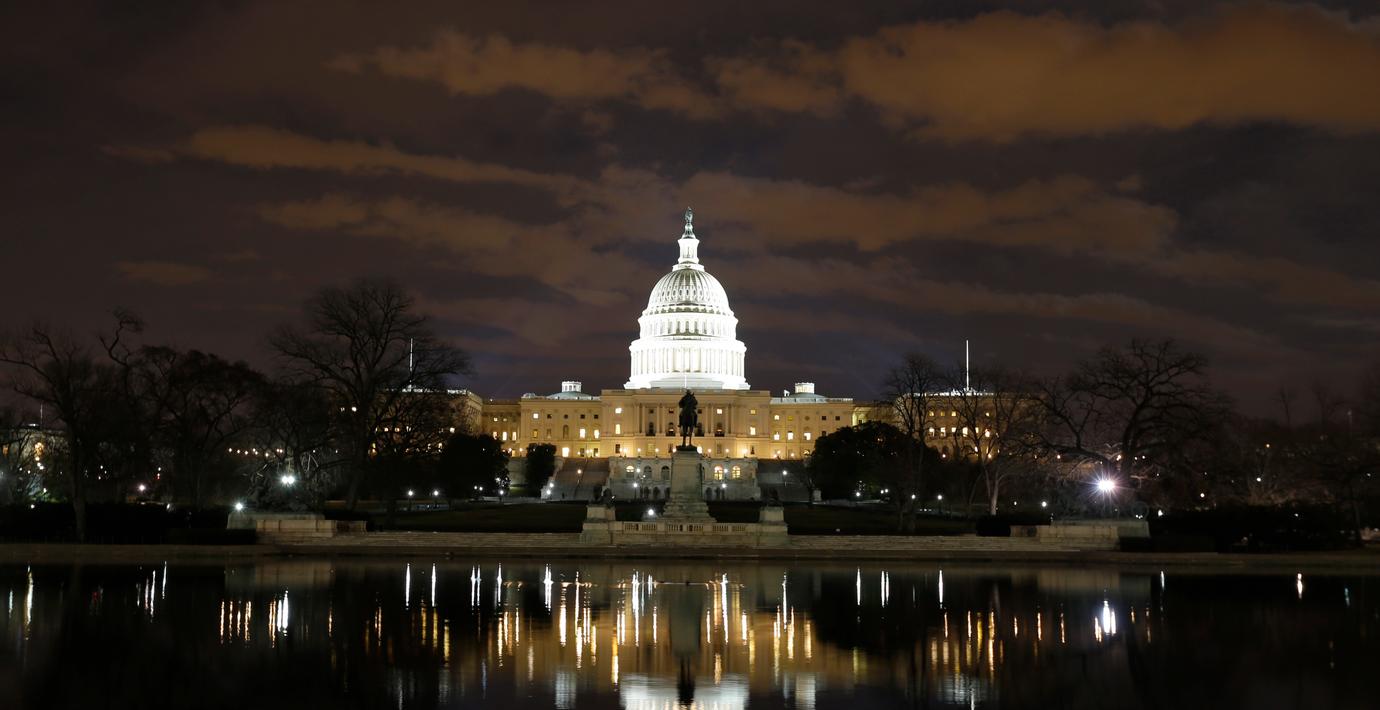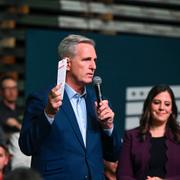
Analys: Slopad filibuster ingen bra idé för Biden
Många demokratiska senatorer vill göra sig av med den så kallade filibusterregeln – en regel som gör att man kan fördröja beslutsfattandet – men det är något som Demokraterna skulle ångra, skriver Rich Lowry i National Review.
Han menar att det i nuläget finns många demokrater som försöker stämpla regeln som kuvande men konstaterar samtidigt att det finns många exempel på när Demokraterna värnat om regeln och själva använt sig av den.
Men nu, skriver Lowry, är det annat ljud i skällan när det är Demokraterna som ha majoritet i senaten, och han menar att ”Demokraterna kommer kanske ändå att försöka göra sig av med filibustern – och återigen kommer man att få återuppleva tillfällig tillfredställelse och bestående ånger”.
CNN:s Chris Cillizza skriver också om filibusterregeln i en analys. Han lyfter fram det faktum att president Joe Biden har uttryckt stöd för att förändra regeln på ett sätt som skulle innebära att en senator som vill förhala en process måste vara fysiskt närvarande i senaten och hålla ett muntligt anförande.
Cillizza menar att en sådan förändring inte skulle ha någon större effekt utan andra justeringar av senatsreglerna.



